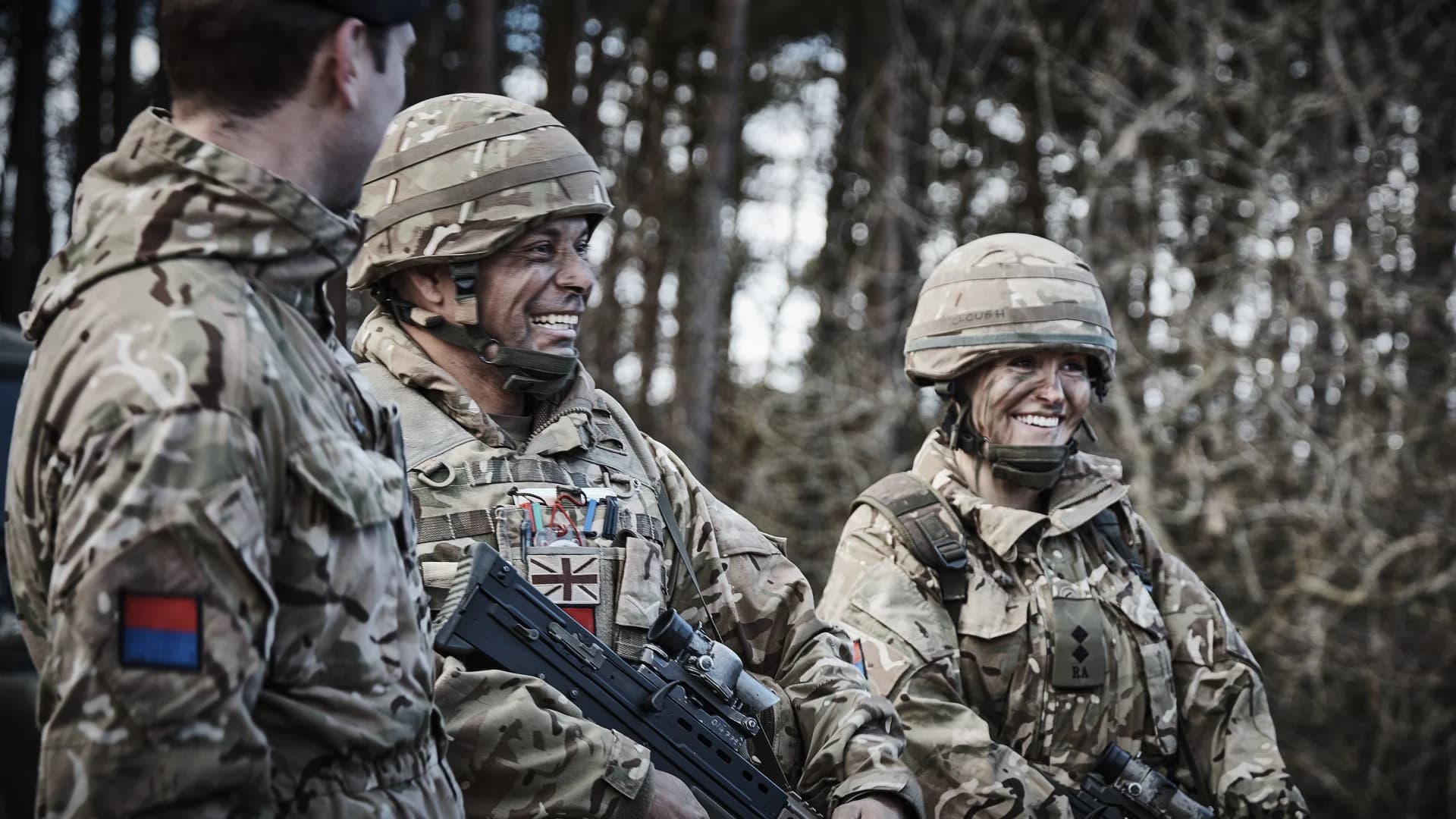
Hi do you have any info on cyber engineers, mainly the training phases and what you can specialise in, thanks.
James X. asked a question to Communications, Intelligence and IT Roles
Category: Role Description
Date asked: Monday, March 30, 2020
Last reviewed: Tuesday, March 31, 2020
Chris V.
Recruiting Co-ord
Hi there,
After you have completed basic training you will arrive at Blandford Camp, everyone attends a week-long induction course designed to orientate you to life at 11th (RSS) Signal Regiment, identify the welfare assets available to you, carry out essential administration in preparation for your technical training, and confirm the required standards which you are expected to meet at Blandford and throughout your military career. This is where your apprenticeship journey will begin.
After your induction training you will move on to complete a common module known as Foundation 1. This will be conducted through classroom-based and practical training sessions, involving modern equipment that you will utilise once you leave for your first assignment to the Field Army.
This is the start of your technical training designed to introduce basic signalling and communication skills whilst building on your existing military skills. You will learn about the Royal Corps of Signals, it’s history and what it means to belong to a Corps that is over 100 years old. You will be taught basic principles and skills which you will build on throughout your career; such as siting, operating and talking on military radios, radio logs, map marking, working at heights, health and safety, and of course security. This training will give you a strong foundation prior to the next step in your journey, either FND 2 or straight into your chosen trade course.Â
You may be one of the four trades that will go down this route. It builds on FND 1 and dives deeper into technical training in preparation for your trade course. Be prepared for a blend of building and configuring networks, managing system problems including a help desk, equipment care, understanding field generators, field cable, and of course security (including cyber). Naturally, the military skills you built up in FND 1 are continually revised and refreshed during this course
Each trade group undertakes its own specialised training specific to that individual role and as such the length of your time spent with 11 Signal Regiment will vary, ranging from a few weeks to a year.Â
The majority of our technical training is accredited to civilian standards and you will begin your journey of professional development from the moment you start your course.Â
As a Cyber Engineer, you will become one of the three focussed trades developing, deploying and maintaining our Cyber capability. The three trades are:
Information Services Engineer
You will be trained to manage, maintain, configure and deploy a wide range of Information, Communications and Technology systems, ensuring that frontline troops and Commanders can communicate on operations worldwide whilst protecting these systems from cyber warfare threats.
Networks Engineer
You will prepare, configure, deploy and maintain operational and tactical communications systems to ensure that frontline troops and their Commanders can communicate on operations worldwide. You will be able to engineer a range of systems including radios, satellite systems, computer networks and mobile communications as well as support a range of software applications and ICT.
Infrastructure Engineer
You will become experts in building voice and data telecommunications networks in fixed locations and supporting rapid reaction deployments across the world anywhere, anytime using fibre optic and copper cables, underground and at height, with opportunities to qualify as an Aerial Rigger. You will install communications network data centres and configure advanced telecommunications.
Tuesday, March 31, 2020
James X.
Thanks for the help this is brilliant.
Tuesday, March 31, 2020
This discussion is closed, so no new comments can be added.